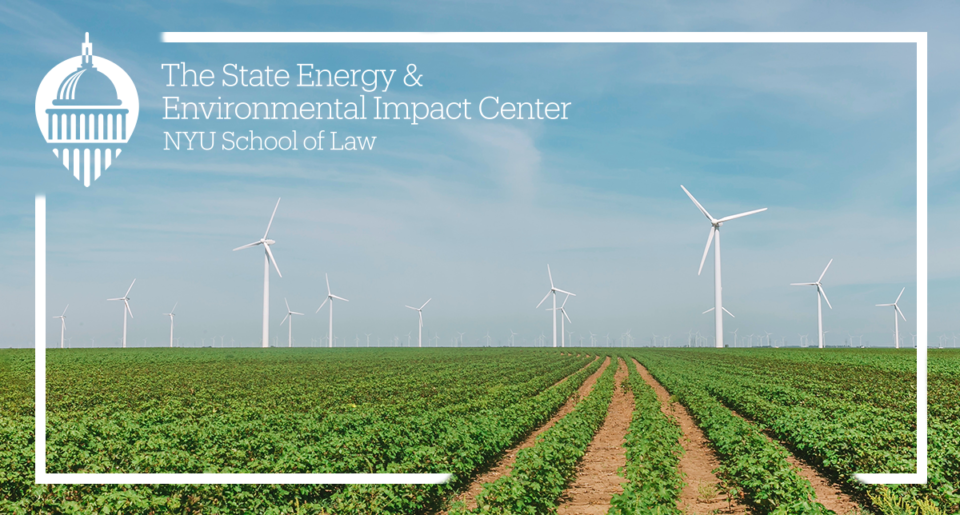State Attorneys General Are Clearing the Way for Clean Energy
David J. Hayes (Past Executive Director) / January 24, 2019

Clean energy is on a roll, and it’s not by accident. States are leading the clean energy revolution that is now underway in our country. And state attorneys general are on the front lines protecting clean energy gains, and clearing the way for more progress.
State attorneys general have been instrumental in taking on the public health and environmental harms associated with fossil fuels and, as a corollary, in promoting a clean energy future that implements state law and policy choices, and is built on a solid foundation of innovation, competition, fair play, and consumer protection.
On the pollution side of the coin, state attorneys general helped establish, and now are enforcing, critical Clean Air Act protections against climate- and health-related harms caused by fossil fuel emissions. The Massachusetts attorney general initiated Massachusetts v. EPA, the Supreme Court case that ultimately required the EPA to restrict greenhouse gas emissions from power plants, cars and trucks, and the oil and gas industry. As reviewed in my last commentary, state attorneys general are now battling the Trump administration’s unlawful efforts to roll back restrictions on the largest sources of pollution that are causing climate change.
On the affirmative path to clean energy, state attorneys general are defending states’ rights to establish clean energy-based electricity sectors in their states, as authorized by the Federal Power Act and confirmed by the Supreme Court. In that regard, state attorneys general have successfully defended state authority to adopt renewable portfolio standards and, more recently, low carbon fuel standards and nuclear energy “zero emission credit” programs that assist states in meeting their clean energy goals.
At the same time, attorneys general are opposing the Trump administration’s federal coal “bailout” and other market interventions that ignore the climate costs of fossil fuels and undercut state clean energy preferences. And consistent with their traditional role of promoting competition and fair play in commerce, state attorneys general are insisting that before gas pipelines and other fossil fuel infrastructure projects can be approved, their climate and other environmental impacts must be fully evaluated and considered alongside clean energy alternatives, as required by law and sound public policy.
In short, attorneys general are becoming increasingly visible clean energy champions. They are vigorously confronting outside threats to state clean energy goals while they work in-state with progressive governors and legislators to facilitate major investments in clean energy projects, enable state electric vehicle charging programs, expand energy options for businesses and residents, and modernize utility regulatory structures that are out of step with today’s vibrant, competitive electricity sector.
Through these efforts, clean energy has become both a low-cost and an environmentally-preferred energy choice, and new tools like distributed energy and smart grids are delivering more flexibility, cleaner energy and more bang for the buck to energy consumers. As the states’ top legal officers, attorneys general will continue to play a key role in facilitating these extraordinary changes and creating new jobs, improving the environment, lowering costs and increasing choices for all energy users.
This commentary, and others like it, are included in the biweekly “Legally Speaking” newsletter released by the State Energy & Environmental Impact Center at the NYU School of Law. Sign up for Legally Speaking here.
